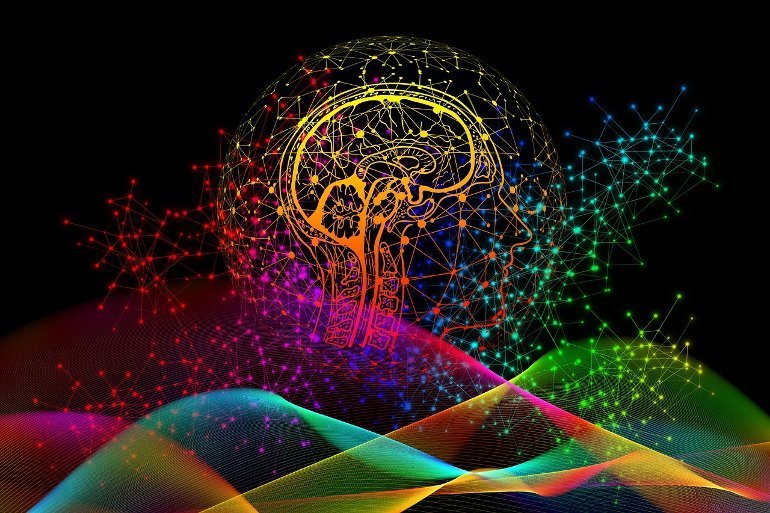
Consciousness is a difficult to understand, yet a very fascinating phenomenon. For centuries this topic has been within the domain of philosophers who attempted to explain consciousness in different ways. It is only recently, with an advancement in neuroscience and efforts to study and understand the brain, and development of new technologies that can read the neural activity, cognitive science has emerged. The question of consciousness still remains as one of the biggest mysteries even for science. It was, is, and will remain as one of the main interests for us to understand more about consciousness, as it may help us understand our inner selves.
Scientists from Bar-Ilan University in Israel have proposed a new theory in physics that claims to solve the mystery of consciousness. It is a Relativistic Theory of Consciousness. Feel free to read the article about this theory yourself here. Following is the summary of of the claim.
Consciousness can not simply be reduced to neural activity alone, researchers say. A novel study reports the dynamics of consciousness may be understood by a newly developed conceptual and mathematical framework.
Consciousness is our ability to observe, understand, and experience the world. It is a quality of being aware of ourselves and the world around us. For the most part it is a subjective phenomenon, in that we don't share the same exact conscious experiences. It is really fascinating how it works. We know it has something to do with the brain. Now the question is if the brain creates the consciousness or it simply represents the conscious activities and experiences.
According to the article conscious experiences is the hard problem in cognitive science. While we can read the neural activity we can't necessarily read the conscious experiences. Only the subjects of the neural activity can articulate their conscious experiences. Then we try to map patterns in neural activity based on expressed conscious experiences. In other words the one reading brain's the neural activity, would have to ask what kind of feelings the person was experiencing at a time.
The one who is actually having conscious experience would have a different perception than the one who is just observing the neural activity. They may even have complete opposite interpretations, while can be true. By developing a relative theory of consciousness, the researches believe to be able to produce conceptual and mathematical framework in understanding the consciousness. By embracing the idea that neural activity in the brain is merely representation of consciousness and looking at neural activity from relativistic point of view, will allow researchers to use the same mathematical tools that physicists use.
In a nutshell, different physical measurements in different frames of reference manifest different physical properties in these frames of reference although these frames measure the same phenomenon.
A person who is experiencing the conscious activity would have different frame of reference than a person looking at brain activity as an observer. A person who is have first hand experience is directly interacting between one part of the brain with other parts. The observer would need to observe neural representation of conscious experiences in relations to other neural representations.
I won't pretend that I fully understand the topic. But I am alway curious about how consciousness and brain works and I find these topics intriguing. Any new knowledge, understanding, and advancement in this field will have great implications in understanding ourselves as humans and the universe we live in. Any research in this field is a positive step forward, and will answer many interesting questions like the origins of consciousness. Another interesting questions that comes up these days is can AIs gain consciousness? By having a better understanding human consciousness, we might be able to answer these questions as well one day.
One of the most interesting conscious experiences is thinking, which always reminds me the brilliant philosopher and mathematician, Rene Descartes and his words "I Think Therefore I am". What do you think? Let me know int the comments.
Posted Using LeoFinance Beta
